Problems facing early childhood education in Nigeria and potential solutions
Education in Nigeria has come a long way in the past few decades. Nevertheless, it is still riddled with issues and problems. One of the most vulnerable areas the government and educators should focus on is early childhood education in Nigeria. Since it is the foundation for a child's future educational development, any problem ECCE faces should be addressed on time. This article shares the challenges Nigeria faces in this level of education and possible solutions the country can implement.
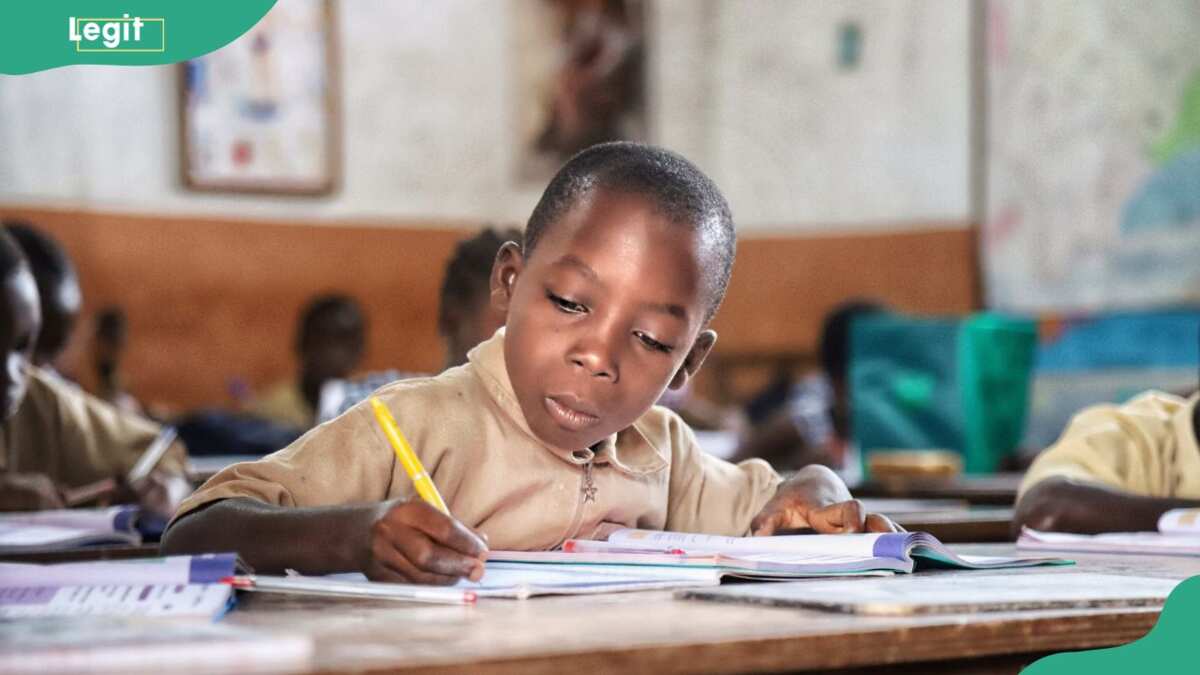
Early childhood education should give children a strong base for lifelong learning. It should develop social and emotional skills in learners to help them succeed in primary school, high school, and higher education. Therefore, any challenge pupils face at this education level can hinder their cognitive development and affect their future learning abilities.
What is early childhood education?
Early childhood education is a learning program for children aged 3 to 5 years. Mostly, these kids are too young to be in primary school. They undergo an educational program with activities like art, music, drama, dance, and games (role-playing, physical games, structured games with rules, memory games, card games, etc.). These activities help to stimulate the children's mental, physical, and social development.

Read also
"I want to stay committed to principles of Jesus": Man opens foundation to help orphans, widows
The main objectives of early childhood education are:
- It introduces children to the education system by helping them transition from staying at home to going to school.
- It builds the children's cognitive skills, which are core skills the brain uses to think, read, learn, remember things, and pay attention.
- It builds in children's character skills like teamwork, openness to learning, resilience, self-control, etc.
- It encourages and fosters creativity in children to help them discover their talents.
- It equips children with knowledge and skills that prepare them for primary school education.
- Providing supervision and care for kids while their parents are busy.
Early childhood education should introduce children to the education system, give them enriching learning experiences, and help them have a healthy transition into primary school. Therefore, issues facing early childhood education in Nigeria must be resolved for children to enjoy these benefits.
What are the problems of early child education in Nigeria?

Read also
"No more N10m": Australia announces new student visa rules, closes door Nigerians exploit for cheaper studies

As a whole, education in Nigeria has struggled to find its footing since independence. Transitioning from being a colony to an independent nation significantly affected education.
Although educators and the government have addressed many problems in education in one way or another, early childhood education still struggles with many unresolved challenges.
As a result, most children may enter school unprepared, and some need to catch up in essential skills like language acquisition, logical thinking, and problem-solving. Because of this, this article addresses the problems facing ECCE in Nigeria and potential solutions:
1. Low public demand and support for early learning
The limited parental involvement and awareness about the importance of early childhood education to children has made many parents undervalue it. Most parents prefer their children to join primary school without passing through early childhood education.
Recommend solutions
- The Nigerian government and mass media should create public awareness about the benefits of ECCE to children.
- The media and government should also sensitize parents regarding the importance of their involvement in their children's early childhood education.
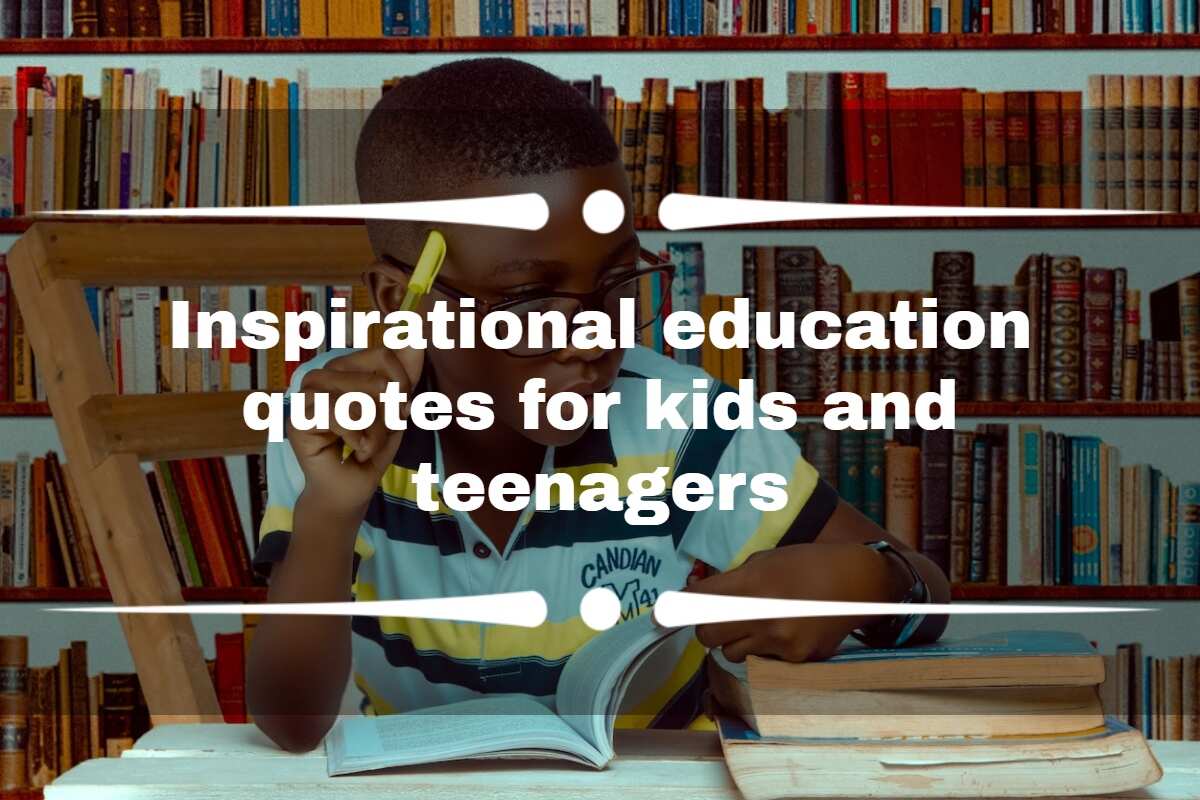
Read also
100+ inspirational education quotes for kids and teenagers
2. Parents and teachers prefer private schools to public schools

Despite the high birth rates in Nigeria, public schools experience low intake in ECCE classes. Most parents prefer to send their children to private schools because they have better infrastructure and offer more quality education than public schools.
Recommend solutions
Here are some solutions for this issue:
- Public schools should upgrade their infrastructure and quality of education to attract more students.
- Parents who can afford private schools should be encouraged to enroll their children in federal schools.
3. Limited access to early childhood education in rural places

Most ECCE schools are in urban areas. Therefore, children in remote places are disadvantaged. They share the few ECCE schools they can access and travel long distances to get to school. Also, most parents who cannot afford tuition fees for private ECCE schools prefer to avoid taking them through this level of education.

Read also
50 best hobbies for men of all ages to add some meaning to life
Recommend solutions
Below are possible solutions for limited access to ECCE in rural places:
- NGOs and the government can prioritize building schools in rural areas more than in urban areas.
- Private schools should review their tuition fees to avoid over-exploiting parents.
- NGOs, the government, and well-wishers can help children in rural areas whose parents cannot afford private schools.
4. Little to no supervision of private ECCE institutions by the government

There is a sharp increase in private ECCE institutions in Nigeria that do not offer children quality infrastructure and employ teachers with inadequate skills. You will find these schools running in church buildings, residential premises, university campuses, commercial buildings meant to be shops, etc.
The laxity of government supervision allows early childhood institutions to use poor infrastructure and employ teachers with insufficient skills. Moreover, some environments these schools are in are not the best places for children at the ECCE level.

Read also
Cheapest university in Nigeria: 10 affordable schools to consider
Recommended solutions
To solve this problem, the government should have strict policies regarding these things:
- Most appropriate environments for ECCE schools, e.g., places with minimal noise and air pollution for the safety of the children.
- Size of land for ECCE schools, e.g., it should be large enough to accommodate a playground, classrooms, library, washrooms, and other essential infrastructure children need.
- Type and quality of infrastructure, e.g., the space and equipment should be enough for the school's student population, a playground needs playing equipment, etc.
- The acceptable building standards, e.g., strength, ventilation, aeration, and lighting.
- Frequent government inspections and reviews for schools will ensure teachers are qualified and schools have standard infrastructure.
5. Insufficient supply of trained teachers

Poor numbers of teachers' salaries in private and public schools have contributed to Nigeria's insufficient competent ECCE teachers. As a result, there is an imbalanced teacher-pupil ratio because schools have more children than educators.

Read also
35 interesting facts on Cuba to encourage your wanderlust
Most trained ECCE teachers switch to other careers where they can make enough money to afford basic needs for themselves and their families. Hence, the education system has a shortage of teacherswho cannot fully cater to children's educational needs.
Recommended solutions
To increase the number of trained teachers in early childhood education, here are some remedies schools, teachers, and the government should implement:
- The government should increase salaries for early childhood education educators.
- Private schools should provide enough wages for their teachers.
- Teachers should embrace side hustles that do not affect their professions.
6. Multilingualism creates a language barrier for ECCE children

Nigeria has a unique linguistic environment, and most children grow up learning their native tongues. Most parents teach their children the mother tongue before any other language. It is one way for them to preserve their language and culture. Therefore, this creates a language barrier for ECCE children in remote areas.

Read also
40+ birthday party ideas for teens that your child will not hate
Recommended solutions
Here are possible solutions for the language barrier in ECCE schools:
- In remote areas where the language barrier is prevalent in ECCE schools, native language programs should be part of their early childhood education curriculum.
- Educators should teach in the native language dominating the region and introduce the English language to the children later in their ECCE program.
- Parents can make the work of the teachers easier by teaching them their native language and English before they reach the age of attending school.
7. Inadequate teaching, learning, and playing materials

One of the biggest problems in today's early childhood education in Nigeria is inadequate teaching and learning materials. Students share a few books, desks, playing equipment, small classrooms, and other limited resources available at school.
On top of this, most schools use outdated teaching techniques because they cannot afford modern materials. For instance, most ECCE schools do not have playing equipment for children. Moreover, tech-related games and activities are not part of the ECCE curriculum in Nigeria because most schools and parents ignore or cannot afford them.
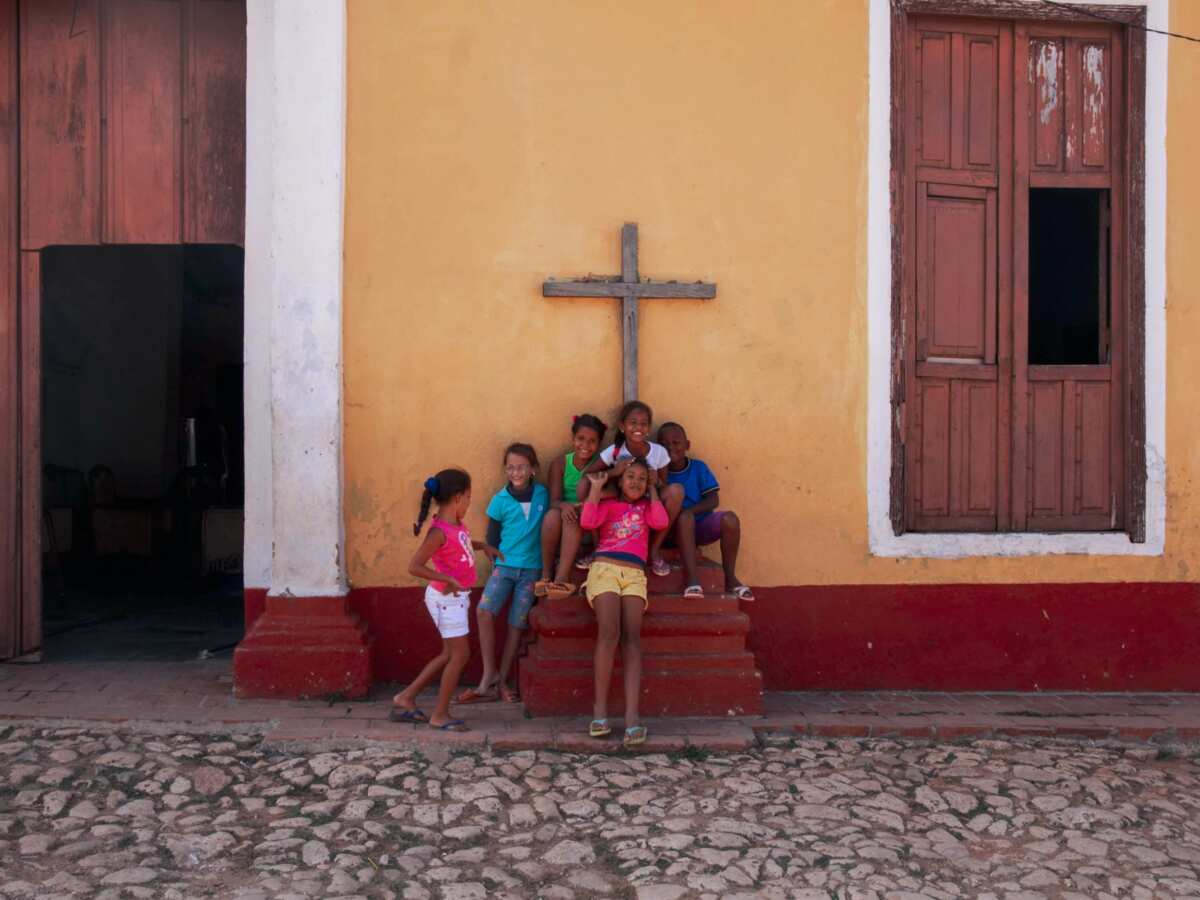
Read also
Old-school activities for church services the congregation will enjoy
Recommended solutions
- Schools should budget for books and other learning resources they can afford to increase their inventory gradually.
- Schools can cooperate with NGOs and well-wishers to get donations for teaching, learning, and playing materials.
- Parents who can afford to provide children with some of the resources they cannot get in school should do so.
- The government should help schools get teaching, learning, and playing materials.
8. Poor and insufficient infrastructure in public and private schools

Most schools in Nigeria have poor learning and teaching infrastructure because parents, private school owners, and the government cannot afford standard infrastructure.
The economic challenges the country is facing make it difficult for parents and private school owners to raise enough money to install and build modern learning structures and teaching equipment.
Also, public schools cannot afford sufficient classrooms and modern teaching equipment because the government allocates insufficient money to the education sector in its annual budgets.
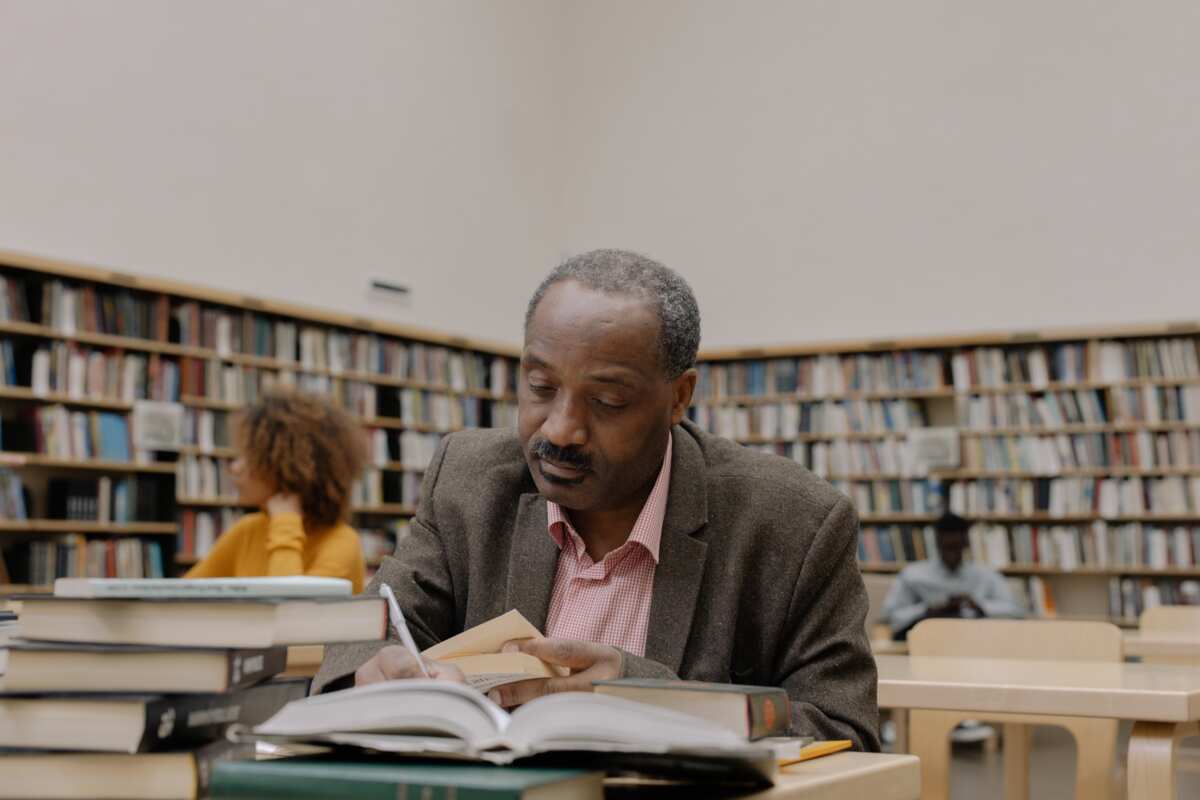
Read also
What can you do with an adult education course if you study it?
Recommended solutions
Here are some of the solutions to poor and insufficient infrastructure in public and private schools in Nigeria:
- Schools should only upgrade infrastructure that is on demand and important.
- The government and parents should monitor how schools spend money they get from the government to ensure it is put to good use.
- The government should increase its annual budget for the education system to help schools upgrade their infrastructure.
- Schools should enroll the number of students they can manage, and homeschooling should be encouraged so that learning and teaching infrastructure are enough for students.
9. The government neglects the early childhood education curriculum

The Nigerian government has not adopted a thoroughly developed curriculum. It has neglected ECCE because it was not recognized in the National Policy on Education until 2004. Therefore, most schools focus on making children memorize concepts instead of developing the vital skills that prepare them for future education.
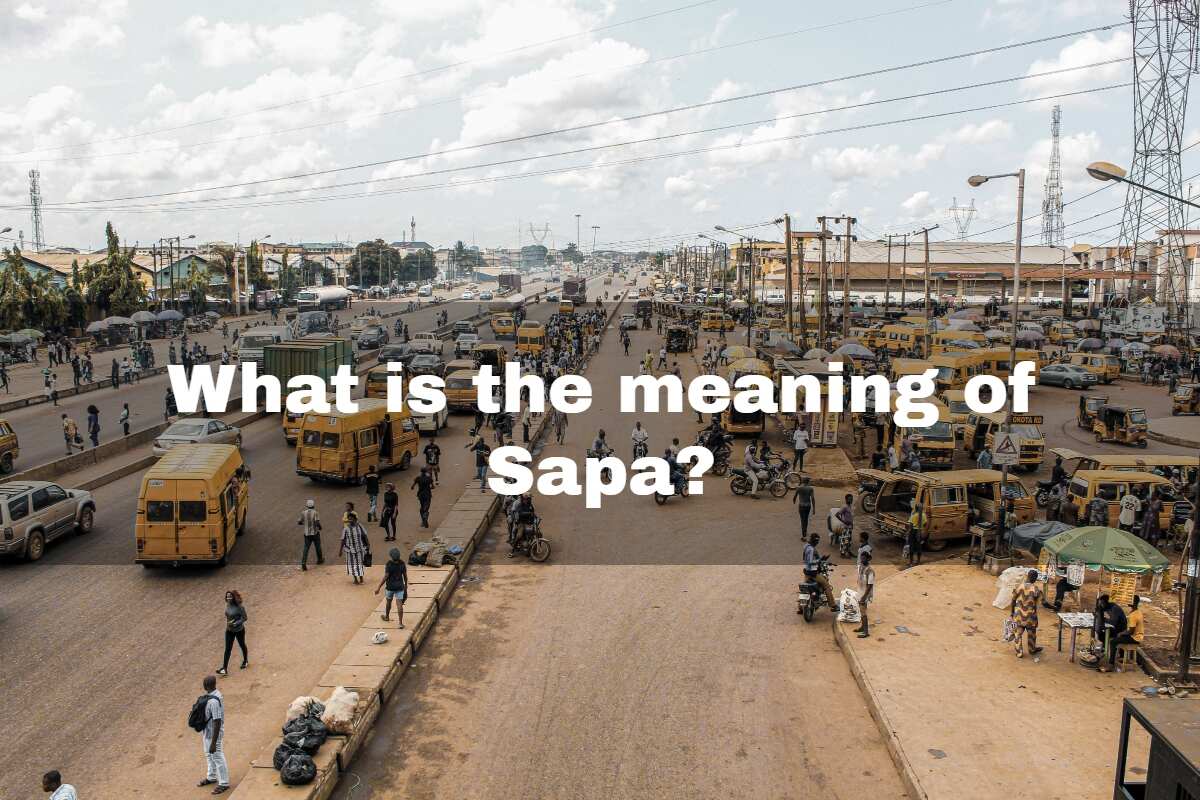
Read also
What is the meaning of Sapa? Get in on the popular Nigerian trend
Recommended solutions
The best solutions to this problem are:
- The government should create a standard ECCE curriculum and ensure schools follow it.
- Schools should use programs that develop skills instead of making children memorize concepts while waiting for a standard ECCE curriculum from the government.
10. Lack of good nutrition for children
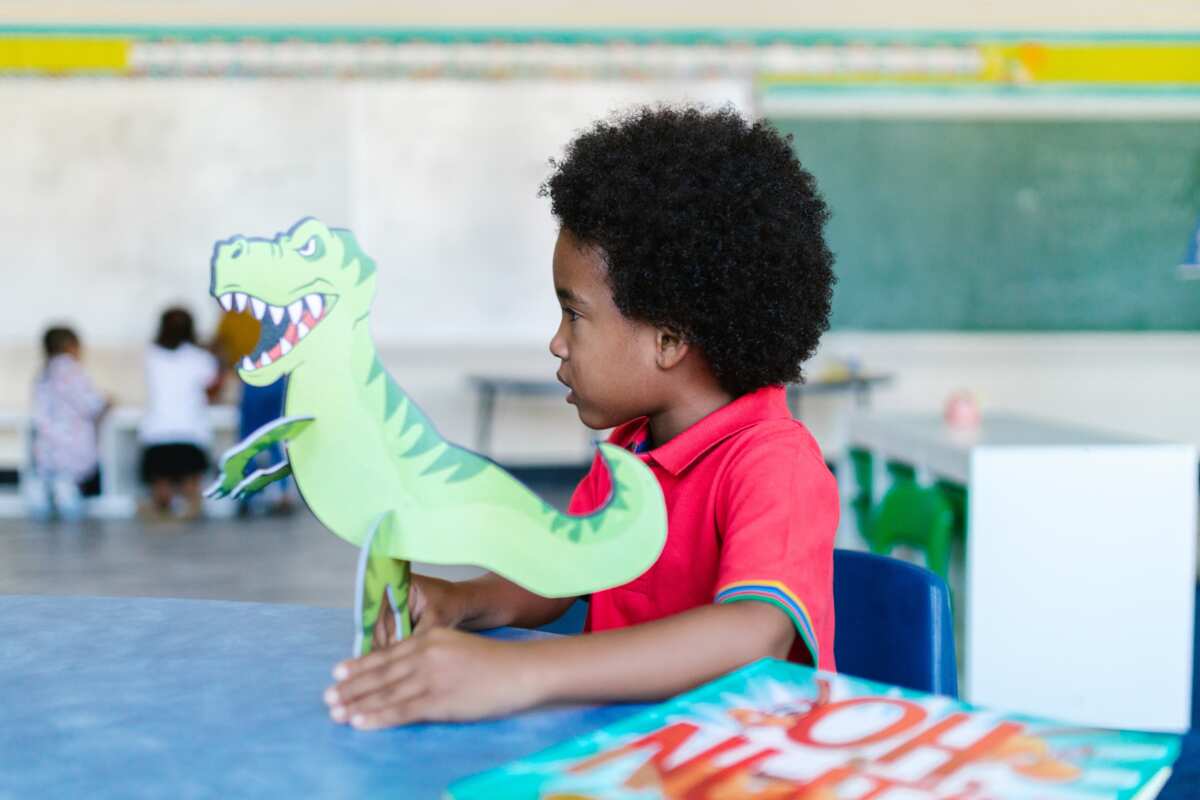
Food may be scarce or have inadequate nutrients in some ECCE schools, thus discouraging children from going to school. Poor nutrition is also among the many key factors impacting a child's learning ability.
Recommended solutions
Below are some recommended solutions for ECCE schools facing this challenge:
- Schools should only enroll the number of children they can adequately budget for in terms of food.
- Schools should allow packed food for students who can afford it.
- Schools should budget for nutritious food that is affordable to parents.
What are the challenges of Ecce in Nigeria?
Formal education in Nigeria begins with preschool education, provided in daycare centers and nursery schools to children aged 3 to 5 years. The main challenges facing these kids face are:
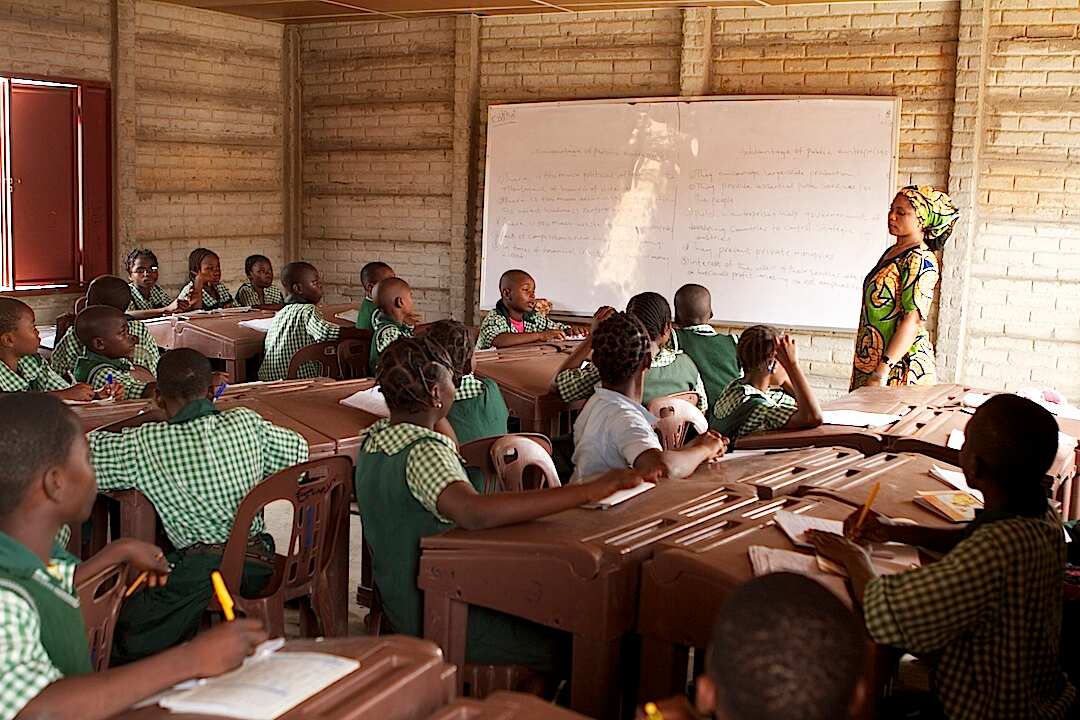
Read also
Top 13 problems of universal basic education that Nigerian citizens face every day
- Limited access to early childhood education in rural places.
- Parents and teachers prefer private schools to public schools.
- Low public demand and support for early learning.
- Lack of good nutrition for children.
- The government neglects the early childhood education curriculum.
- Poor and insufficient infrastructure in public and private schools.
- Inadequate teaching, learning, and playing materials.
- Multilingualism creates a language barrier for ECCE children.
- Insufficient supply of trained teachers.
- There is little to no supervision of private ECCE institutions by the government.
What is the biggest problem in early childhood education?
Lack of parental involvement in their children's early childhood education is the biggest challenge facing ECCE in Nigeria. Most parents need to understand the importance of them being part of their children's education from a young age.
What are 5 issues affecting children in Nigeria?
The education system of Nigeria faces many challenges. The top five issues most school-going children endure countrywide are:
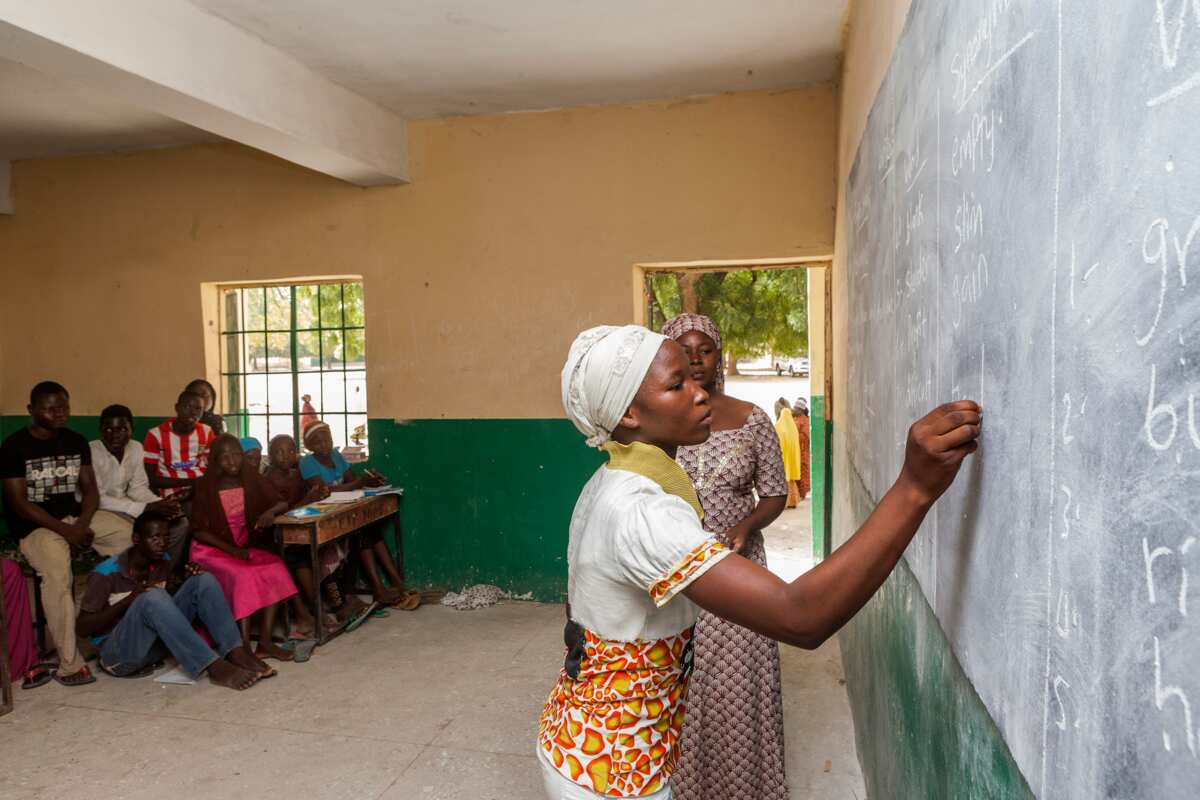
Read also
Problems of adult education in Nigeria
- Limited access to early childhood education in rural places.
- Low public demand and support for early learning.
- Poor and insufficient infrastructure in public and private schools.
- Inadequate teaching, learning, and playing materials.
- Insufficient supply of trained teachers.
The importance of education for children must be noticed. After all, children are the nation's future, and we would not want to leave the country in the hands of uneducated youth. Therefore, these problems facing early childhood education in Nigeria must be dealt with as soon as possible so that kids can get the quality education they deserve.
Legit.ng also shared a list of the most expensive secondary schools in Nigeria. Despite challenges facing the country's education system, Nigeria has several luxurious high schools that offer world-class education.
Although these schools are mostly only accessible to children from wealthy backgrounds, some students get scholarships and bursaries that enable them to study here.
Source: Legit.ng
ncG1vNJzZmivp6x7rbHGoqtnppdkfnJ%2Bl2pscGWVlr%2BtxYycn6KklJ28sLCMnpuum5GptrC6jKegoJ2inq5utdKsrJ6rXaW%2FsK7LnqSsZpipuq0%3D